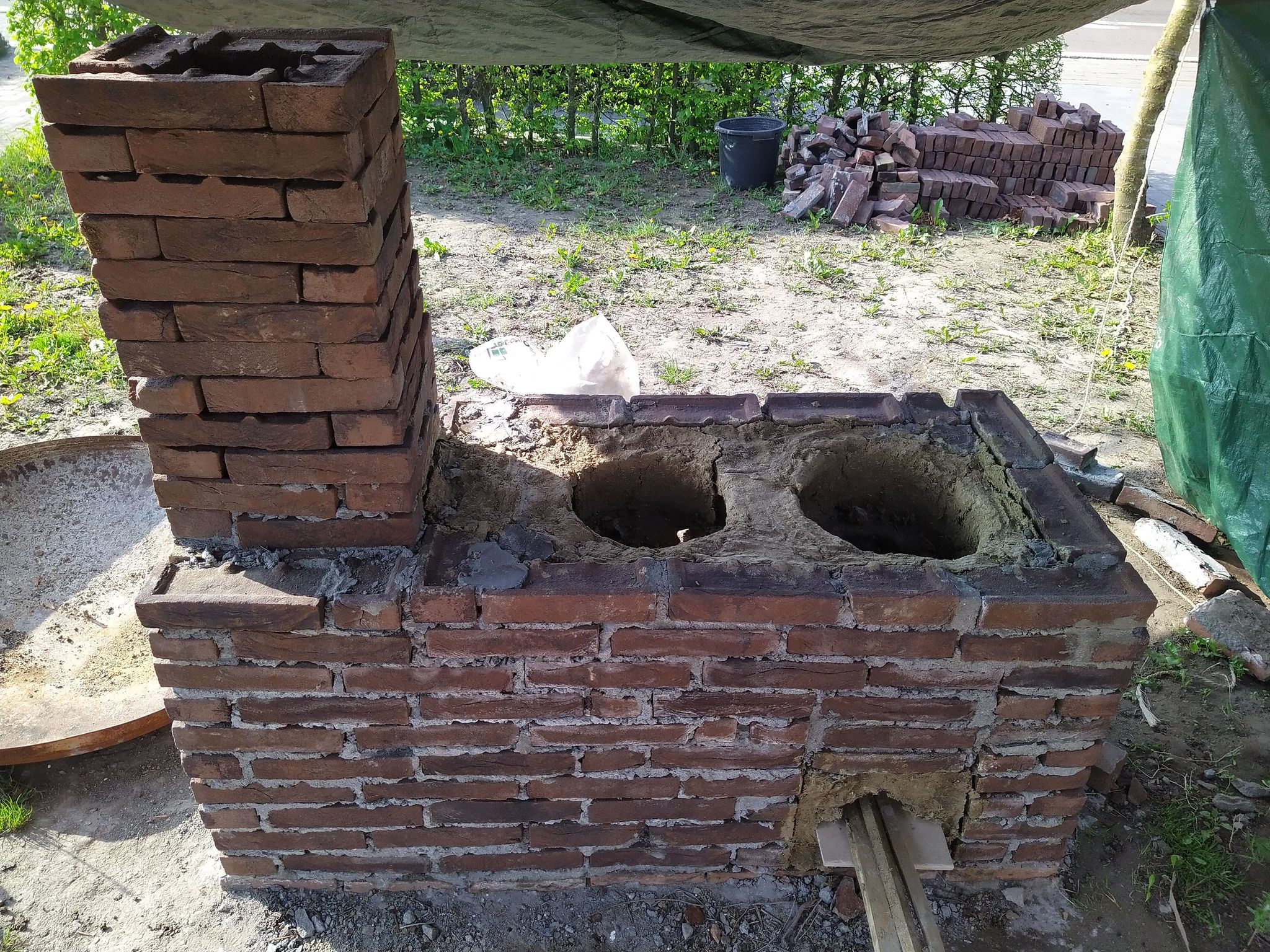Days until we leave
Day(s)
:
Hour(s)
:
Minute(s)
:
Second(s)
Dear readers, family, (very old) friends, distant relations, partners and other interested visitors of this blog,
Welcome to the first post of the Sahaya team. During this tedious exam period, we – Michiel, Douwe and Hannah – take the opportunity to glance ahead to the upcoming summer months of our Humasol project. If all goes well, on July the 7th we will travel to Buhoma, a small village in Uganda at the edge of Bwindi Impenetrable Forest, a protected rainforest area that is home to half the world’s population of mountain gorillas (idyllic, right?). “If all goes well”, because the recent flare-ups of violence in Eastern Congo, not far from Buhoma, are causing some uncertainty about our departure. We await with a rather frightened heart…but that is no reason for silence.





Who are we?
Hi all, my name is Michiel (left in the picture). I’m currently studying biomedical engineering in my first master at Ghent University and am very excited to be part of this nice project and exciting team. I hope that our project really can help the local community. Besides, I hope to learn more about the culture of Uganda and meet lots of new people.
That right guy, that’s me, Douwe. I’m finishing my master’s in bioscience engineering at Ghent University and I’m very eager to participate in this experience. We already learned a lot during the preparations (and not only about stoves) and I’m sure we will be amazed of what we will see and learn in Uganda.
The remaining one is me, Hannah. I too am studying bioscience engineering at Ghent University, but still have one year to go. I feel very grateful to be working with these two bright guys next to me and fully share their enthusiasm. All three of us are going with an open-minded vision, ready to be inspired in all kinds of ways.
Of course, this project would not be possible without the experienced help of our partners, Sahaya International and Rafiki Memorial Wildlife Conservation Initiative, led by Koen Van Rompay and Mushamba Moses (left picture). They aim for better living conditions for the people near Bwindi and the conservation of wildlife and forest by educating the inhabitants through art.
What will we do?
Enough about ourselves, let’s take a look at what we will be doing in Uganda and tell you something about our project.
In (south-west) Uganda, access to electricity is limited, so the majority of the population uses firewood as their main source of energy. Cooking on traditional open fires (“three-stone fires”) is very common, as shown right. Cosy they are, but they also come with several problems: health risks due to air pollution, safety risks such as burning, environmental pollution linked to deforestation and the time-/money-consuming task of collecting firewood.
After a literature review and some practical experience (you can admire our prototype on the left), we believe that the so-called Rocket-Lorena stoves could be an improvement. These are energy-efficient cooking stoves powered by wood and made from local materials (bricks, clay, sand and organic material). Burning wood in an insulated combustion chamber could greatly reduce fuel consumption and harmful emissions, making cooking safer, easier and faster. Frying an egg already goes smoothly!
In addition to the technical aspect, this project has an important social dimension. People do not easily adapt their decennia-old cooking habits. Perhaps the currently used three-stone fires have other meanings besides a functional one, of which we know nothing (yet). We, as motivated students, hope to learn about these traditions and different perceptions, so the final touch of the stove design can be in accordance with the preferences and input of the local population.
At quiet moments (when we are not building stoves or waiting for the ones already built to dry) we can always turn to our super-interesting side project, namely investigating the feasibility of processing banana fibres. About half of all agricultural households in Uganda grow banana plants, which produces large amounts of “waste” in the form of pseudo-stems (indeed, banana plants are not actual trees) all year round. As an alternative to letting the pseudo-stems rot in the field, we could buy them, extract the fibres and process these into useful end products such as handicrafts, carpets, clothing or even sanitary pads. Who knows, maybe our research will lead to a new Humasol project? Stay tuned!




Until next time, hopefully from Uganda then.
Mto mkubwa (big kisses),
Warm hugs,
Michiel, Douwe and Hannah

Very nice project, good luck!
All of you might be directly employed in the construction world! Amasing performance in only some days …! Stefaan, daddy Michiel
WOHOOOOW! Fantastisch project! Heel veel succes (met douwe 😛)!
Jullie gaan dat goed doen 🥰
Knuffel helemaal uit België 🍀